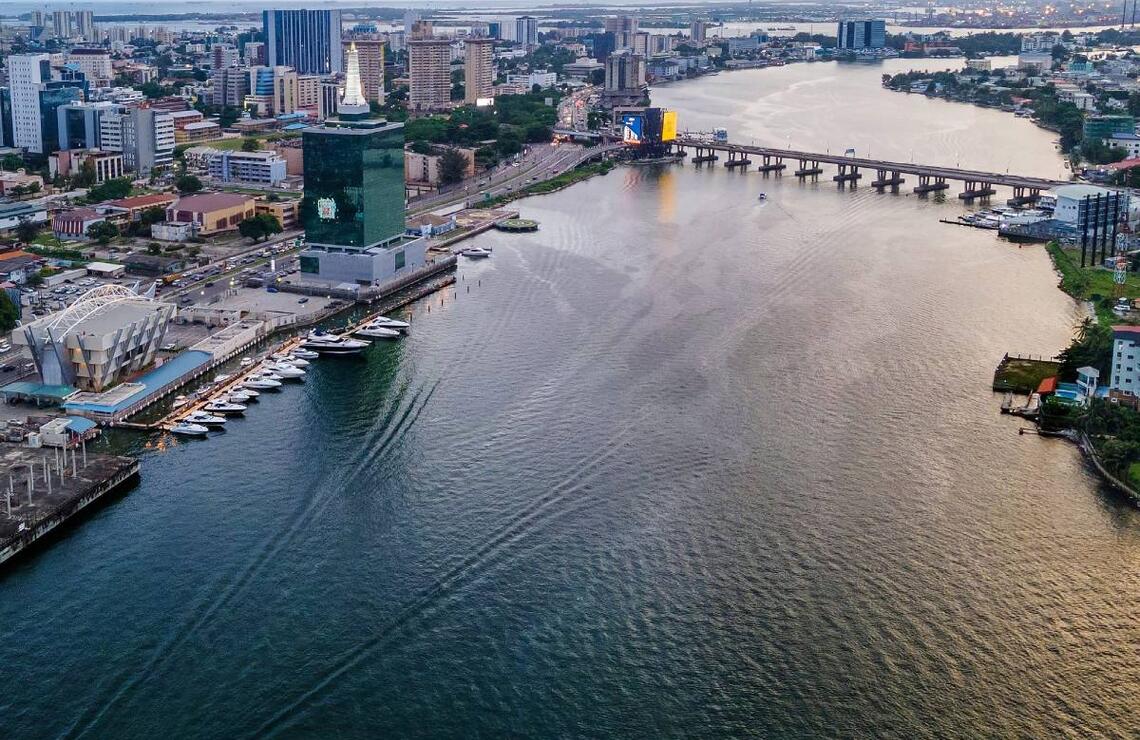
A new course
For this economic powerhouse to become a genuine superpower, it first has to change its business model, which is no easy task. Objectives: clean up public finances, restore competitiveness, move away from an all-oil economy. And win over foreign partners.
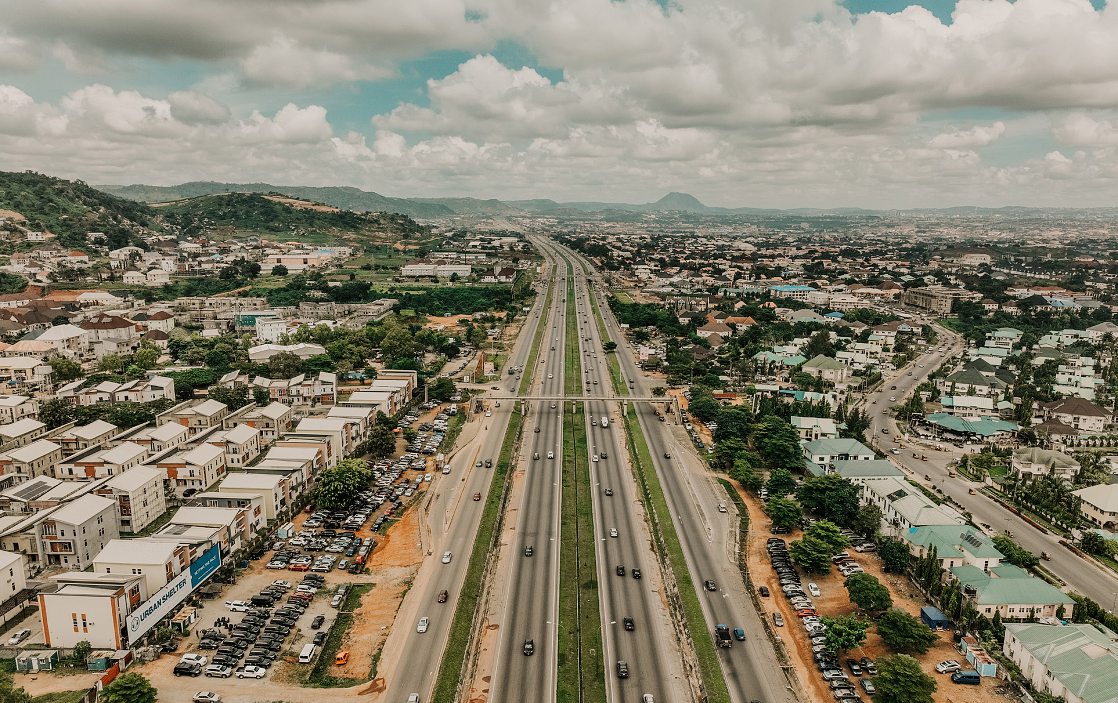
Towering above Abuja is Aso Rock Villa, known as ‘The Villa’ to its regulars. It's from the top of this imposing rock that Bola Tinubu, 72, has presided over the destiny of Africa's behemoth country and its 225 million inhabitants (or possibly 230 million, according to some estimates), since the summer of 2023. Right from the start, the former governor of Lagos set the tone by imposing two major reforms, which he saw as essential to radically overhauling the country's economy. He put an end to fuel subsidies and exchange controls. As a result, prices at the pump tripled and the naira nosedived.
The cost of food has soared by 40%. “Since these measures were introduced, purchasing power has totally plummeted. I have a job and I earn a living, but for the past year, I have to admit that at home, it's one meal a day...,” says Blessing, 36, an assistant in a small communication company in Abuja. In August this year, massive demonstrations against the high cost of living did not stop the government, which has been working for months to put in place offsetting measures, such as direct payments to the poorest via their mobile phones, and increasing the production of local foodstuffs to flood the market and bring prices down. Three months ago the Tinubu administration also announced that talks with the unions about introducing a new national minimum wage were progressing. In a televised speech on 4 August this year, President Tinubu said, “I understand the pain and frustration behind these demonstrations.” At the same time, his ministers, in particular Finance Minister Wale Edun, are stepping up their public appearances. According to Edun, the government has already recouped 20 billion dollars following the ending of the fuel subsidy, which was costing 5 GDP points, and hopes to amass 7.5 billion dollars each year. In short, the Nigerian economy has been in urgent need of reform for decades, if it is to break free of its excessive dependence on oil revenues. The aim is to create solid, long-term foundations for a competitive Nigeria of the future, while also ensuring that the population has more equitable access to financial opportunities.
The idea is to diversify the economy, mainly by boosting agricultural potential and services, such as new technologies, by creating massive investment opportunities. To this end, a raft of measures has been launched, sector by sector: easier access for foreign and local companies wishing to invest, increased energy supply, anti-corruption measures, particularly in the oil sector, where the government has condemned the abysmal misappropriation of 400,000 barrels of crude oil a day, and combating insecurity. The first results on this last point are being seen in the North, where the area around the capital of Borno State, Maiduguri, which since 2009 has been ravaged by the atrocities of the Islamist sect Boko Haram, is gradually coming back to life, thanks to the efforts of the Nigerian army and other joint forces.
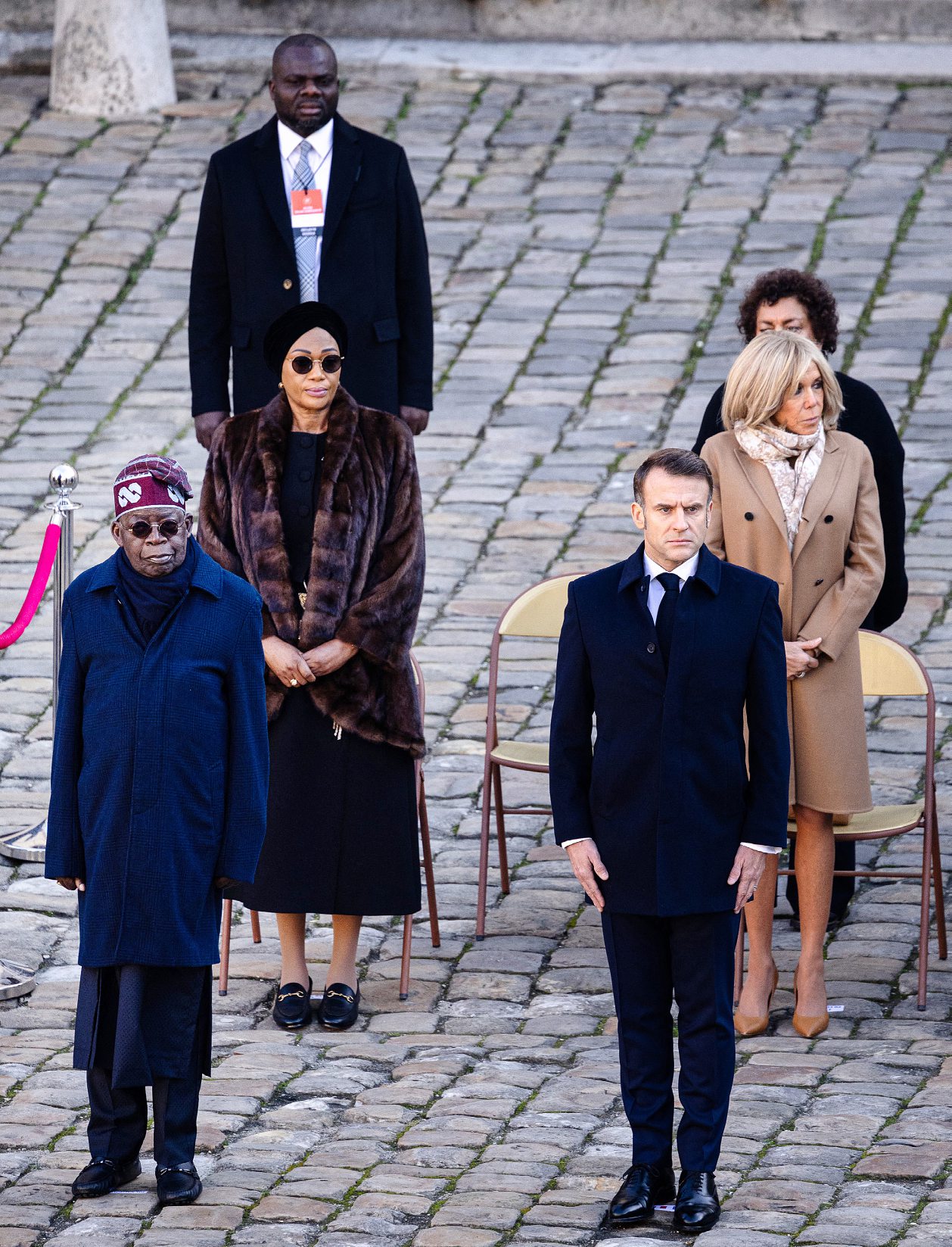
From his first day in office, Bola Tinubu and his firm commitment to transforming the country's economy in a profound – and even enforced and accelerated – way have been widely supported by international financial institutions. The World Bank, the AfDB and the AFD, to name but a few, pay tribute at every opportunity to the government's courage and reiterate their conviction that an assertive liberal model, in which economic recovery is largely driven by investment, will enable the African powerhouse to exploit its incredible potential to the full. After all, the figures for the Federal Republic speak for themselves. By 2050, Nigeria's population is expected to reach 440 million, making it the third most populous nation in the world, behind India and China and just ahead of the United States.
Urgent need for development
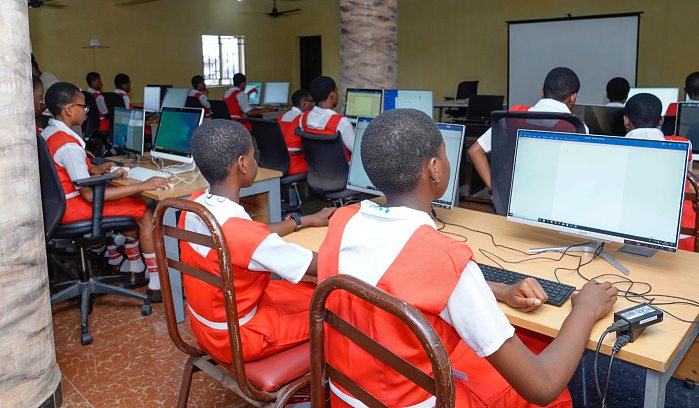
The demographics call for urgent development in education, employment, housing and food self-sufficiency. At the same time, the country will become the world's third largest market. It has already captured the interest of an impressive number of foreign companies, which have set up lucrative subsidiaries there. Its oil, gas and mining potential is being exploited by investors from all over the world. As the continent's leading or second-largest producer of oil, depending on the year, Nigeria generated 5.67% of its GDP directly from oil in 2022, and much more indirectly. In the same year, crude alone accounted for 78.74% of total exports. A toxic dependency, according to some. However, in the medium term, Nigeria expects to reduce its refined product import bill, following the commissioning of billionaire Dangote's local mega-refinery. Aside from the appeal of its raw materials, the country wants to capitalise on its human resources, as shown by the ambitious training programmes recently launched to train young people in new technologies and artificial intelligence. The idea is to meet the growing demand, both locally and worldwide, for experienced talent in the sector.
Then there's its status as a heavyweight. The huge Nigerian market carries a great deal of economic weight compared to neighbouring countries. It accounts for 60% of West Africa's GDP. Bola Tinubu is currently head of Ecowas and has a say in matters of conflict, military engagement and diplomacy. This is no doubt the main reason behind his state visit to France on 28 and 29 November, the first for a Nigerian president since 2000. He was greeted by Emmanuel Macron with great pomp and ceremony, including an official welcome in the main courtyard of the Invalides in Paris. Not everyone gets to do that. Since France's exit from Mali, Burkina Faso and Niger, most observers believe that the French president is hoping to find new solid support in Africa. All the more so as President Tinubu loves Paris, frequently making extended private visits to the city, usually staying in the luxurious comfort of the Peninsula hotel in the 16th arrondissement. Incidentally, at the age of 23, Emmanuel Macron spent six months in Lagos as a trainee at the French embassy as part of his course at the École Nationale d'Administration (ENA). Beyond the diplomatic stakes and the likely chemistry between the two men, Nigeria accounts for 20% of France's trade with sub-Saharan Africa. More than a hundred French companies operate there, including TotalEnergies, of course, but also CMA CGM, Michelin, Fougerolle, Danone, Pernod Ricard, LVMH and others. Alongside his Nigerian counterpart, Emmanuel Macron unveiled a new development in the partnership between the two countries: “We have defined several new lines of action for French companies to invest in Nigeria, in the fields of energy, rare metals and critical minerals, essential for the development of new technologies, and in particular new low-carbon industries, in digital technology, and in cultural and creative industries.” He also announced that AFD (French Development Agency) would provide €330 million in loans by 2025 for projects in “food security, urban mobility, higher education, agriculture, vocational training and climate change”.
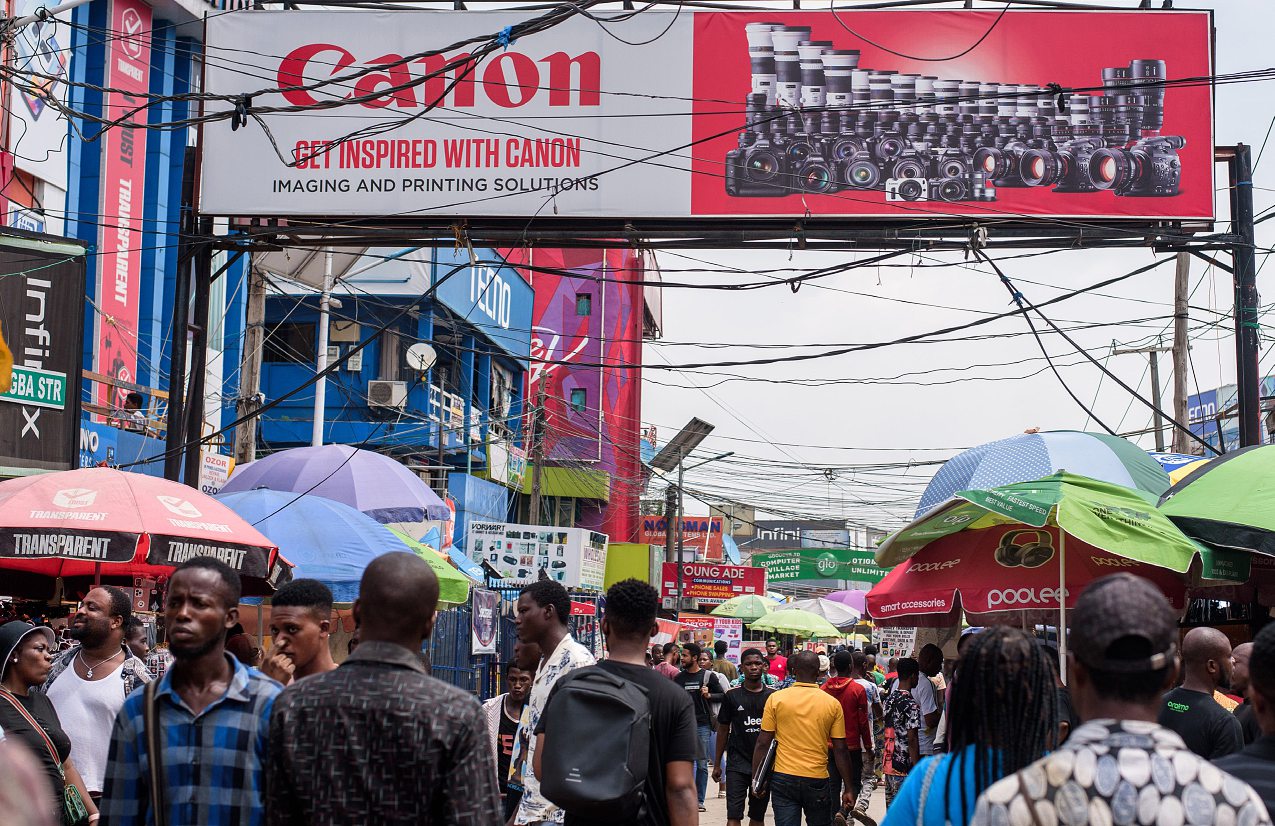
This programme supports sectors that seem to be very high on the new Nigerian government's agenda, focusing not only on development but also on young people and the future. In a country where 43% of the population is under the age of 15, Bola Tinubu has clearly understood what is at stake. Young people can be both a force for tomorrow in a restructured country where the redistribution of wealth is working, and a dangerous time bomb. His ambition, hammered home at every opportunity, is to build a strong Nigeria, arguing that all the fundamentals for doing so are already in place. Initial indications are that the policy pursued for just under two years is beginning to show positive signs. Economic growth is accelerating, reaching 3.46% in the third quarter of 2024, compared with 2.98% at the start of the year. Nevertheless, there is still a huge amount of work to be done. Corruption, deemed endemic by most international rating agencies, and the insecurity that still plagues several regions of the country, with the phenomenon of kidnappings by ‘bandits’ still rife, are still obstacles to the security of investment. And as far as the population is concerned, daily life is still tough. In Abuja and Lagos, few people in the neighbourhoods believe that this difficult period will lead to a brighter tomorrow. But that is Tinubu's firm promise.